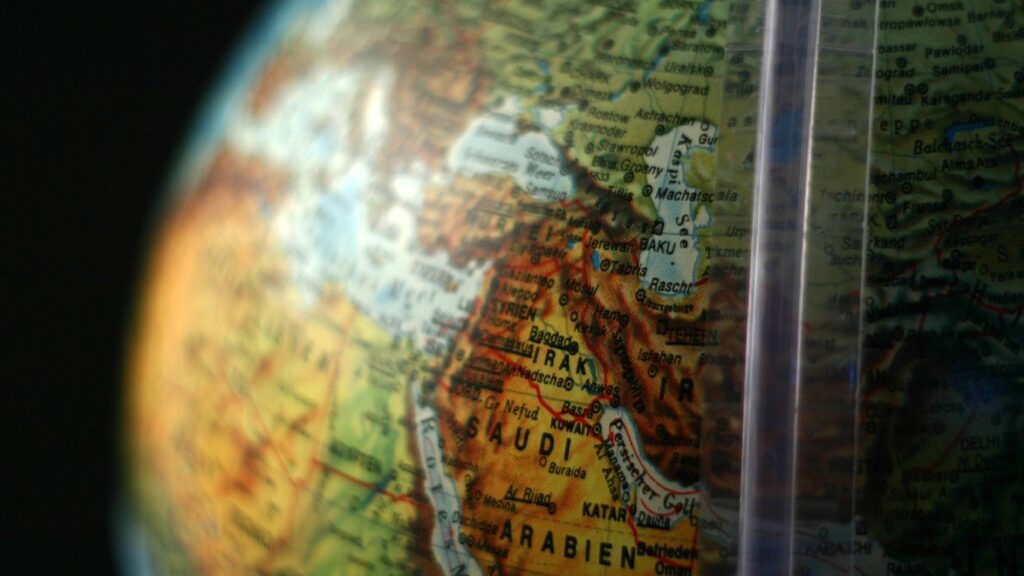1. Introduction – The New East African Landscape
Over the past decade, East Africa has moved from being seen as a peripheral player in global affairs to becoming one of the most dynamic regions in the world. Countries such as Tanzania, Kenya, Uganda, and Rwanda are strengthening their economic ties, while Ethiopia and Somalia continue to redefine their positions through reform and resilience. These shifts are creating a new political and economic landscape that demands attention.
2. Regional Alliances and Economic Blocs
The East African Community (EAC) has been at the forefront of unifying regional markets, enhancing free trade, and fostering mobility of goods and people. However, alongside these efforts, new alliances are forming—such as security pacts and infrastructure agreements—that reshape power dynamics beyond traditional institutions. These blocs are not only strengthening intra-regional relations but also creating leverage in negotiations with global powers.
3. Global Partnerships and Geopolitical Interests
As global superpowers like China, the United States, and the European Union increase their investments in Africa, East Africa has become a key battleground for influence. Infrastructure projects such as China’s Belt and Road Initiative, combined with U.S. security cooperation and European development funding, are changing the way East African nations approach diplomacy and governance. This interplay is gradually shifting the balance of power toward a more multipolar arrangement.
4. Domestic Politics and Leadership Transitions
Political leadership within East Africa remains a crucial determinant of the region’s trajectory. Transitions in power, constitutional reforms, and civic movements all play into the broader question of stability. While some countries enjoy relatively peaceful leadership changes, others face challenges of governance, corruption, and public discontent. These domestic issues directly affect how East Africa negotiates its role in the global stage.
5. The Future of Governance and Trade
Looking forward, East Africa’s ability to balance domestic reforms with international partnerships will determine its success. Trade corridors, technology-driven markets, and investment in human capital will be central to sustaining growth. The question remains: will East Africa emerge as a united, stable bloc that amplifies its global voice, or will internal divisions and external pressures dilute its potential?






